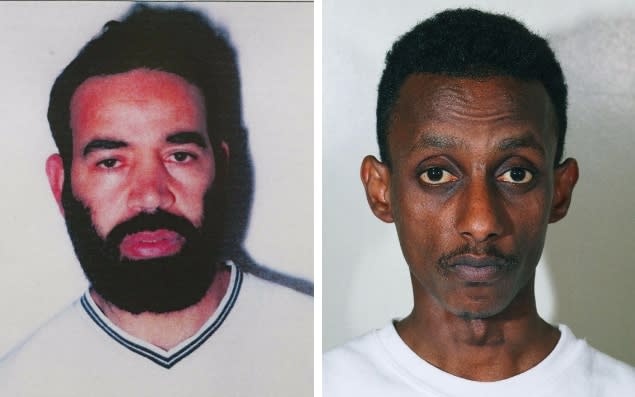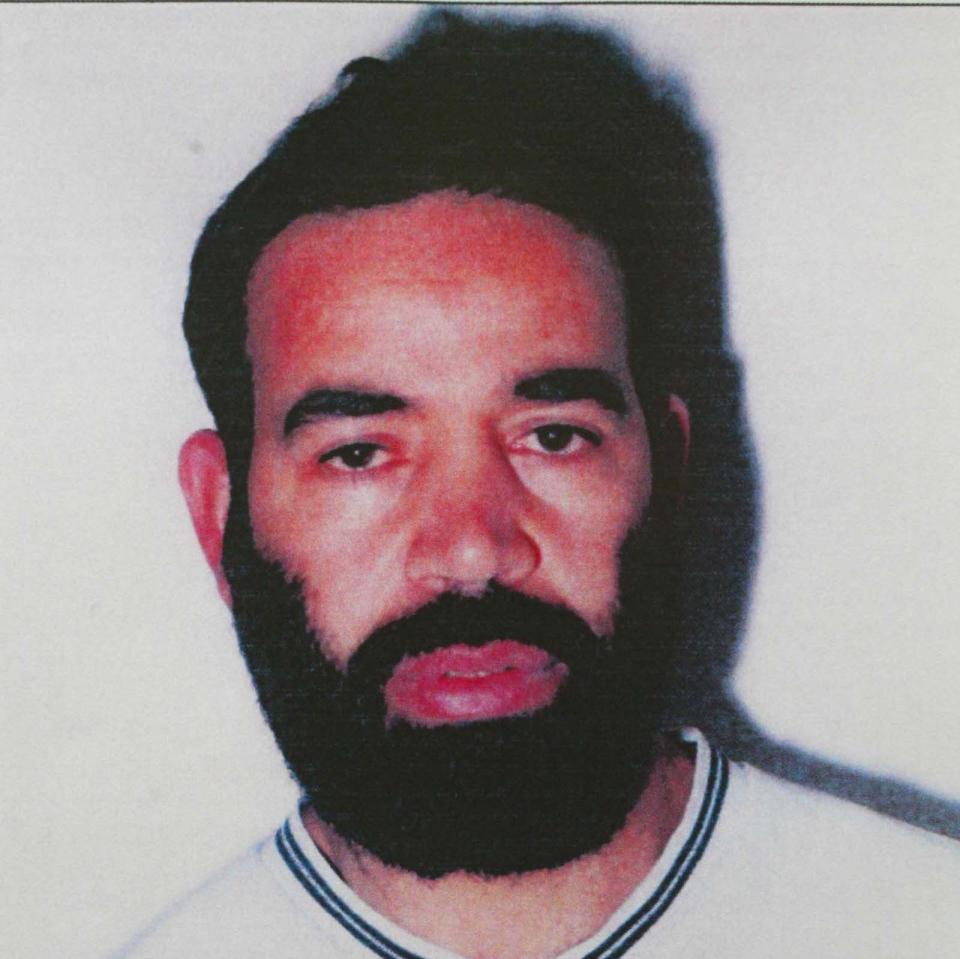Exclusive: More than 40 convicted terrorists have used human rights laws to remain in UK

More than 40 foreign terrorists have used human rights laws to remain in the UK, according to an unpublished report delayed by the Home Office.
The study highlights the near insurmountable problem for the Government in deporting dangerous jihadists and follows a series of Islamic State-inspired attacks in the UK.
In the court cases, lawyers - typically funded through legal aid - have successfully prevented foreign-born terror suspects from being sent back to their home countries.
At a time when Britain’s security services are fully stretched, the additional burden of monitoring so many foreign terrorist inevitably adds to the strain.
Details are contained in a report ordered by Theresa May when Home Secretary into a scheme called Deportation with Assurances (DWA).

The scheme - in theory - allows the UK to expel terror suspects with guarantees they will not be mistreated or even tortured in their home country.
But it appears to have broken down allowing terrorists to remain in the UK.
The report is potentially embarrassing for the prime minister because it is expected to highlight the collapse of an initiative she pushed hard for while in the Home Office.
The DWA scheme led to the removal of Abu Qatada, a notorious al-Qaeda-linked cleric who was sent back to Jordan in 2013 to stand trial on terrorist offences. Qatada was cleared but since his case, it is understood, that no other foreign terror suspects have been returned under the scheme.
The analysis of the Government’s practice of deportations with assurances was carried out by David Anderson QC, the then independent reviewer of terrorism legislation, and co-written with Professor Clive Walker, an international law expert.
It was delivered to the Home Office in February.
Prof Walker said: “My research suggests there are more than 40 foreign terrorists convicted in the UK who have avoided deportation using the human rights act. The figure is much larger than was previously thought.”
Among those understood to have used the Human Rights Act to resist deportation including jihadists with links to the failed 21/7 bomb plot in 2005 who were jailed in the UK and subsequently released after serving their sentences.
Another is an Algerian terrorist imprisoned for funding al-Qaeda training camps but since free after serving his sentence.

He added: “The report is finished. It is a substantial piece of work. David [Anderson] has produced other reports critical or not of the Government which have always been published.
“My role in it was to compile a detailed description of the rules and regulations about deportation with assurances. I still think the Home Office wish to pursue DWA.”
Thirty-five people have been killed in three separate Islamic-State inspired terrorist attacks since March - at Westminster Bridge, London Bridge and at Manchester Arena. Another innocent victim died in a far-right attack on a mosque in Finsbury Park in the early hours of Monday.
Amber Rudd, the Home Secretary, announced a review of Britain’s counter-terror strategy last week and put Mr Anderson in charge of it.
The intelligence agencies and counter terror police are under huge pressure after it emerged that in the three recent Islamist terror attacks, the perpetrators were known to security services.
Two of the attackers in the London Bridge atrocity were Moroccan born; one of them Youssef Zaghba had been on an international watch list having tried and failed to reach Syria from Italy in 2016. Zaghba was questioned on entering the UK but still allowed in.
The threat to the UK from foreign-born jihadists remains high in the wake of those attacks and the inability to deport known terrorists compounds those concerns.
Lord Carlile, Mr Anderson’s predecessor as the independent reviewer of terror legislation, said a shift was needed in the interpretation of the Human Rights Act to enable the deportation of more suspects.
“The attacks in recent months demonstrates the need to protect the public and that this should outweigh the human rights of terrorists,” said Lord Carlile.
Convicted terrorists who have avoided deportation include Siraj Yassin Abdullah Ali, who was released in 2011 after serving just half of his nine-year sentence for helping the July 21 bombers. The Government tried to deport him to his native Eritrea but was prevented from doing so because he faced “inhumane treatment or punishment” if returned.
Ali was convicted of helping a terror cell of five al-Qaeda suicide bombers in their bid to repeat the carnage of the attacks of July 7, 2005, two weeks later. The bombs failed to explode.

Another member of the network Ismail Abdurahman, who hid one of the 21/7 bombers Hussain Osman for three days, also escaped being deported to his native Somalia after judges feared for his safety.
Baghdad Meziane, who was convicted of being an al-Qaeda fundraiser in 2003, also successfully used the Human Rights Act to resist being sent back to his native Algeria. Meziane was jailed in 2003 for 11 years for running a terror support network and is now out of prisoner and thought to be living in Leicester.
It emerged earlier this year that Fowzi Nejad, the sole surviving terrorist of the Iranian embassy siege in 1980, had also evaded deportation to Iran to protect his human rights. He served 28 years in jail before his release on parole.
It is understood just 12 foreign-born terrorists have been deported under the DWA. By contrast, France has deported more than 120.
Britain set up the DWA scheme to send back terrorists under ‘non-torture’ deals. But in 2014, the official in charge of DWA - Anthony Layden, the former ambassador to Libya and Morocco - resigned because it wasn’t working. He has declined to say precisely what the problem was but told The Telegraph he had no wish to ‘help the terrorists’. He said his problem lay with the Home Office.
The DWA scheme was introduced in 2005 and agreements signed with Algeria, Jordan, Ethiopia, Libya, Lebanon and Morocco.

 Yahoo News
Yahoo News 
